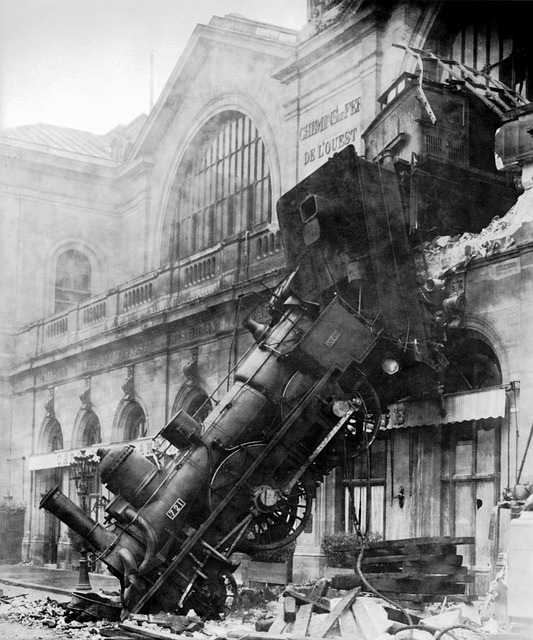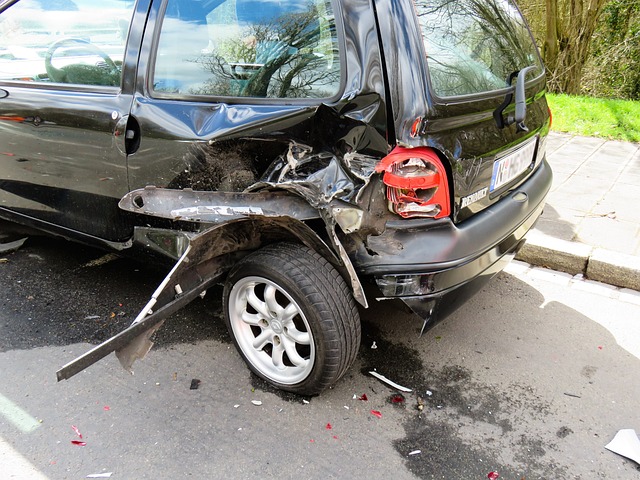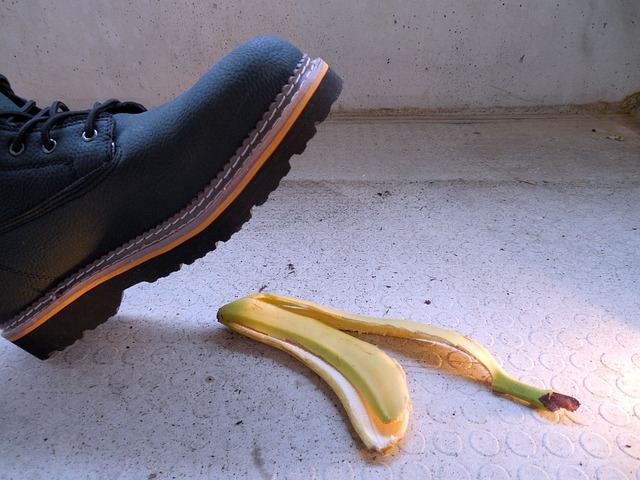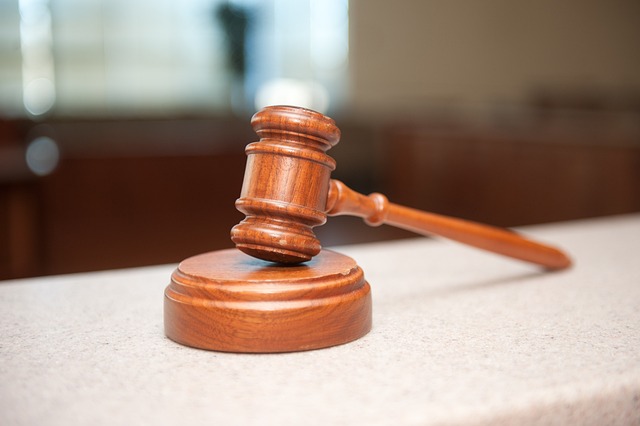Product liability cases related to rideshare services in Brooklyn and NYC have gained significant legal attention due to their focus on holding manufacturers and service providers accountable for vehicle defects, negligence, and safety protocol failures leading to accidents or injuries. These lawsuits examine vehicle design, maintenance, and software updates to determine adherence to industry standards and consumer expectations, potentially resulting in compensation for victims. With a surge in rideshare-related accidents, Brooklyn's urban environment serves as a hotspot for such litigation, emphasizing the need for improved safety measures by stakeholders, including policymakers, legal professionals, and businesses. Effective strategies require comprehensive investigations, understanding of regulations, and prioritizing rider safety through stringent driver screening, training, and technological advancements.
“Rideshare services have revolutionized urban mobility, but they also introduce unique safety challenges under the lens of product liability law. This article explores the intersection of these two domains through a comprehensive analysis of Product Liability Cases in Brooklyn. We examine the rise of ridesharing and its associated risks, delve into local trends in Rideshare Safety Litigation, and highlight common challenges faced in such cases. Furthermore, we offer strategic insights for enhancing rider safety and navigating product liability claims effectively.”
- Understanding Product Liability Cases: A Legal Perspective
- The Rise of Rideshare Services and Associated Risks
- Brooklyn as a Case Study: Local Trends in Rideshare Safety Litigation
- Common Challenges in Rideshare Safety Litigation
- Strategies for Ensuring Rider Safety in Product Liability Claims
Understanding Product Liability Cases: A Legal Perspective

In Brooklyn and across New York, product liability cases have gained significant legal attention, especially with the rise of rideshare services. These lawsuits focus on holding manufacturers and service providers accountable for any defects or negligence that lead to accidents or injuries involving their products, in this context, vehicles. The legal framework for such cases emphasizes the duty of care owed by companies to ensure their products are safe for public use.
Any litigation in Brooklyn’s legal landscape regarding rideshare safety typically involves complex factors. It scrutinizes vehicle design, maintenance practices, and software updates, among other aspects. The goal is to determine if there was a failure to meet industry standards or consumer expectations, leading to potential compensation for victims. Understanding these product liability cases is crucial for both riders seeking justice and businesses aiming to enhance safety measures.
The Rise of Rideshare Services and Associated Risks

The rise of rideshare services has transformed the way people travel, offering convenience and affordability. However, this increased accessibility comes with associated risks. As more riders share the road with professional drivers, product liability cases in Brooklyn and across the country have risen, focusing on issues like faulty vehicle maintenance, driver negligence, and inadequate safety protocols.
Rideshare companies face unique challenges in ensuring passenger safety due to their complex business models involving third-party drivers. This has led to heightened legal scrutiny, with courts and juries holding rideshare operators accountable for injuries or harm caused by their drivers during the course of their employment. Understanding these risks is crucial as the industry continues to evolve, shaping future product liability cases in Brooklyn and beyond.
Brooklyn as a Case Study: Local Trends in Rideshare Safety Litigation

Brooklyn, with its dense population and vibrant urban landscape, serves as an intriguing case study for analyzing trends in rideshare safety litigation. In recent years, the city has witnessed a surge in product liability cases involving ridesharing companies, reflecting growing concerns over passenger safety. These legal battles often revolve around issues like driver background checks, vehicle maintenance, and emergency response protocols.
Local courts have seen an increase in settlements and judgments related to accidents, injuries, and even fatalities linked to rideshare services. Brooklyn’s diverse demographic and extensive network of roads make it a microcosm for understanding broader challenges in ensuring passenger safety during shared mobility trips. As the ridesharing industry continues to evolve, studying these trends is crucial for policymakers, legal experts, and companies aiming to enhance safety standards and mitigate potential risks.
Common Challenges in Rideshare Safety Litigation

Rideshare safety litigation presents unique challenges, particularly in navigating complex legal landscapes and gathering evidence. One significant hurdle is the diverse range of stakeholders involved—from rideshare companies and drivers to passengers and third-party insurers. This intricacy often leads to prolonged discovery processes, where uncovering relevant data and documents across various entities can be time-consuming.
Moreover, product liability cases in Brooklyn, and elsewhere, face the challenge of establishing direct causal links between safety breaches and injuries sustained. Given the dynamic nature of rideshare services, attributing fault accurately requires meticulous analysis of vehicle maintenance records, driver training protocols, and passenger safety measures. Effective legal strategies in these cases rely on comprehensive investigations and a deep understanding of both state and federal regulations governing rideshare operations.
Strategies for Ensuring Rider Safety in Product Liability Claims

In product liability cases, especially those involving rideshare services in Brooklyn, ensuring rider safety is paramount. One key strategy is implementing robust screening and background check processes for drivers to verify their reliability and suitability. Regular training sessions on safety protocols and emergency response procedures can equip drivers with the necessary skills to handle critical situations effectively.
Additionally, integrating advanced technology like real-time tracking systems and in-app safety features enhances rider protection. These tools enable riders to share their trip details with trusted contacts and alert authorities in case of any distress. Continuous monitoring of driver behavior through algorithmic analysis can also help identify potential risks early on, leading to swift corrective actions to safeguard riders’ well-being in product liability cases in Brooklyn and beyond.
Rideshare safety litigation, particularly in urban centers like Brooklyn, highlights the complex interplay between consumer demand, technological advancements, and legal frameworks. As the number of rideshare services continues to grow, so do the associated risks and product liability cases. Understanding the legal perspectives on these cases is paramount for fostering safer practices within the industry. By examining local trends in Brooklyn as a case study, identifying common challenges, and implementing strategic solutions, stakeholders can work towards enhancing rider safety and addressing the unique complexities of rideshare litigation in Product Liability Cases Brooklyn.
